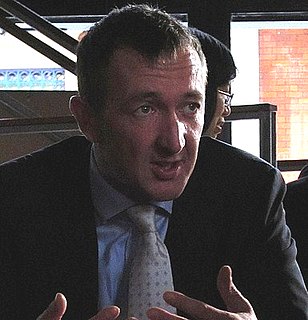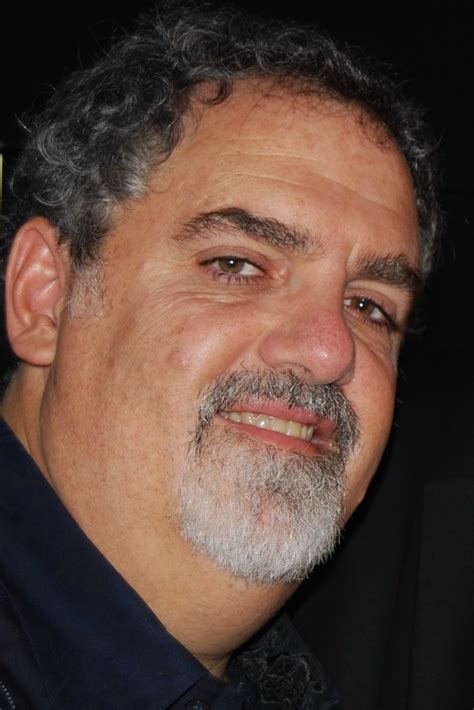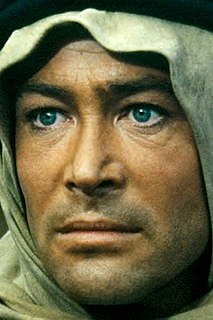A Quote by Ralph Ineson
My granddad was not a tall man but he weighed about 27 stone and my first memory is crawling across his belly. I remember it being a journey.
Related Quotes
My grandparents lived with us. And I remember watching 'Doctor Who' with my granddad on his new telly. These were the days before remote controls but my granddad, being quite a resourceful sort of chap, had fashioned his own remote control - which was a length of bamboo pole with a bit of cork that he'd glued on the end.
Memory is corrupted and ruined by a crowd of memories. If I am going to have a true memory, there are a thousand things that must first be forgotten. Memory is not fully itself when it reaches only into the past. A memory that is not alive to the present does not remember the here and now, does not remember its true identity, is not memory at all. He who remembers nothing but facts and past events, and is never brought back into the present, is a victim of amnesia.
Every thing thinks, but according to its complexity. If this is so, then stones also think...and this stone thinks only I stone, I stone, I stone. But perhaps it cannot even say I. It thinks: Stone, stone, stone... God enjoys being All, as this stone enjoys being almost nothing, but since it knows no other way of being, it is pleased with its own way, eternally satisfied with itself.



































